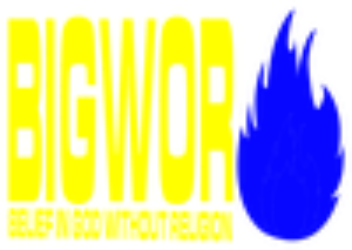WHAT DO we REALLY KNOW ????
JOG.2449 ~~~~ JOG.2518
THE WORD ~~~~
OLD WORD OF THE BCE ~~~~ tanakh blue jewish publication society © 1985
NEW WORD OF THE CE ~~~~ revised standard version bible zondervan etal © 1946 etal { EXCLUDING THE TEACHINGS OF SPAUL ( SAUL X PAUL GALATIANS 4.14 X 6.17 ETAL ) }
BOTH WITH
TWis { THE WORD in spirit ~~~~ a _BIGWOR_ work in progress } INTERPRETATIONS X JOHN 4.23 & 24
REFRESH your mind TO CONTINUE !X!!!!!!!X!!!!!!! ] !!!! [ !!!!!!!X!!!!!!!X!
A&Q ][ Q&A:
-
~~~~~~~~ THE MIND X THE SUBJECT OF MUCH DEBATE ~~~~~~~~
-
Cartesian dualism: the position taken by René Descartes that the world comprises two distinct and incompatible classes of substance: res extensa, or extended substance, which extends through space; and res cogitans, or thinking substance, which has no extension in space. The body (including the brain) is composed of extended and divisible substance, whereas the mind is not. For Descartes, this means that the mind would continue to exist even if the material body did not. He accepted that there is interaction between mind and body, holding that in some activities the mind operates independently of bodily influences, whereas in others the body exerts an influence. Similarly, in some bodily activities there is influence from the mind, whereas in others there is not. Descartes proposed that the locus for the interaction of the mind and body is the point in the pineal gland in the brain termed the conarium. However, to the question of how such incompatible substances can interact at all, Descartes had no answer. See dualism; ghost in the machine; mind–body problem.
-
GHOST IN THE MACHINE: a phrase used to emphasize the problems associated with Cartesian dualism, in which THE MIND IS SEEN AS A NONPHYSICAL ENTITY (a “GHOST”) that somehow inhabits and interacts with a mechanical body (the “machine”). See dualism; mind–body problem. [coined by British philosopher Gilbert Ryle (1900–1976)]
-
dualism: n. the position that reality consists of two separate substances, defined by René Descartes as thinking substance (mind) and extended substance (matter). In the context of the mind–body problem, dualism is the position that the mind and the body constitute two separate realms or substances. Dualistic positions raise the question of how mind and body interact in thought and behavior. Compare monism. See also Cartesian dualism. —dualist adj., n. —dualistic adj.
-
Links from AMERICAN PSYCHOLOGICAL ASSOCIATION ~ APA Dictionary of Psychology: mind – APA Dictionary of Psychology

